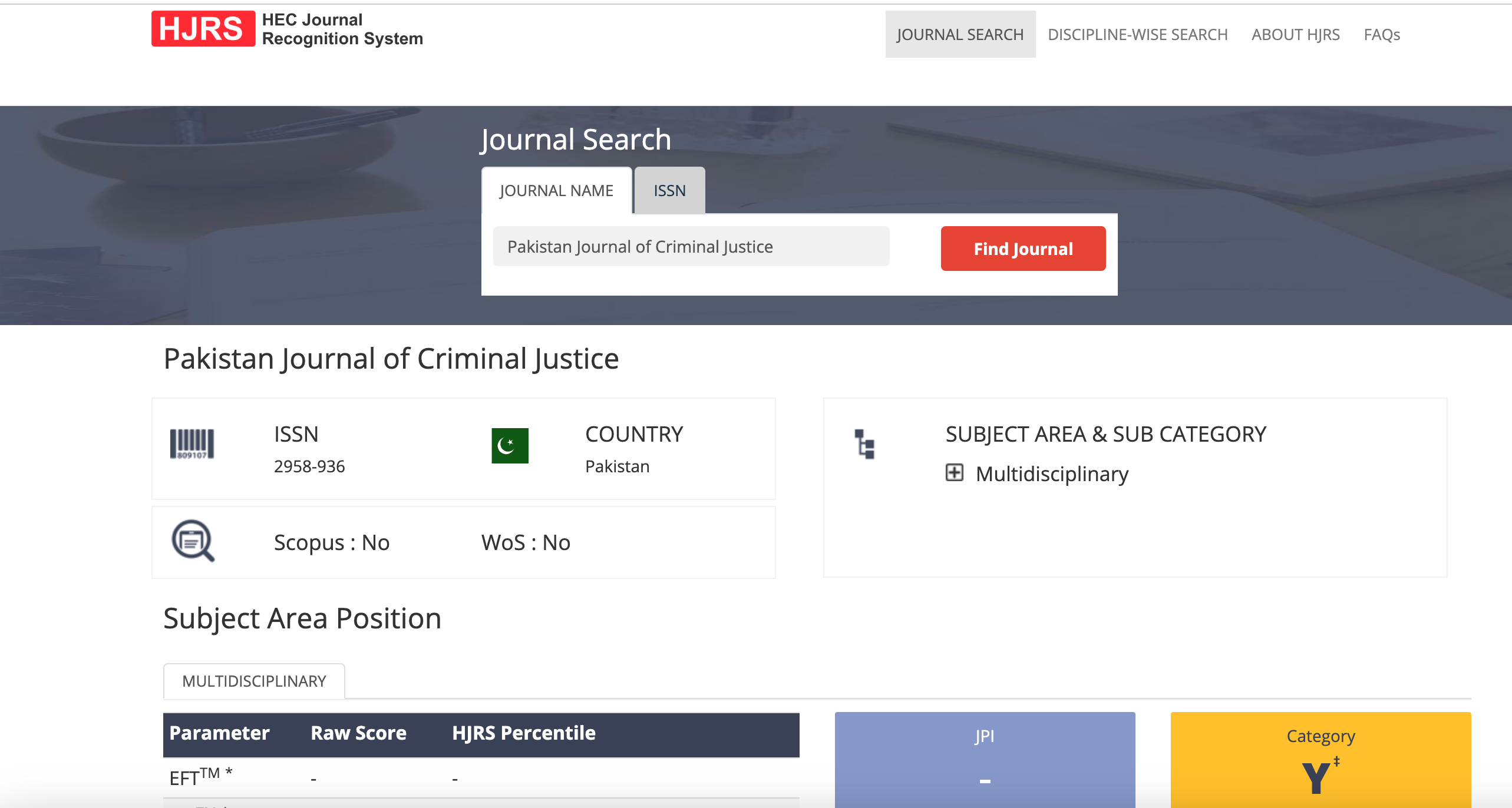The Doctrine of Unjust Enrichment under Contract Act in Pakistan: A Critical Analysis
DOI:
https://doi.org/10.62585/pjcj.v4i1.68Keywords:
Unjust Enrichment, Contract Act, Quasi Contracts, Quantum Meruit, Quantum ValebatAbstract
The notion of unjust enrichment (UE) initially appears in English law under the assumpsit principle, known as “had and received”. The UE doctrine is a broad equitable concept in nature that no individual should be permitted to benefit at another’s cost without compensating for the reasonable worth of any service, property, or other advantages that have been unlawfully gained and held. The law prevents one person from benefiting at another’s expense. This concept has been applied to justify a right to restitution in various cases that fall beyond the bounds of contractual obligation. In a well-known case, Lord Mansfield observed that the basic concept of this form of action is that the respondent is obliged to refund the money based on the circumstances of the case. Various authors and scholars have attempted to explain and grasp the nature of unjust enrichment, which owes a responsibility to the person enriched at the expense of another. However, the contractual provisions in the Contract Act (CA) still need to be improved. In this paper, doctrinal methodology is applied.
Downloads
Published
How to Cite
Issue
Section
License
Copyright (c) 2024 Samza Fatima, Nadir Hussain

This work is licensed under a Creative Commons Attribution-NonCommercial 4.0 International License.





